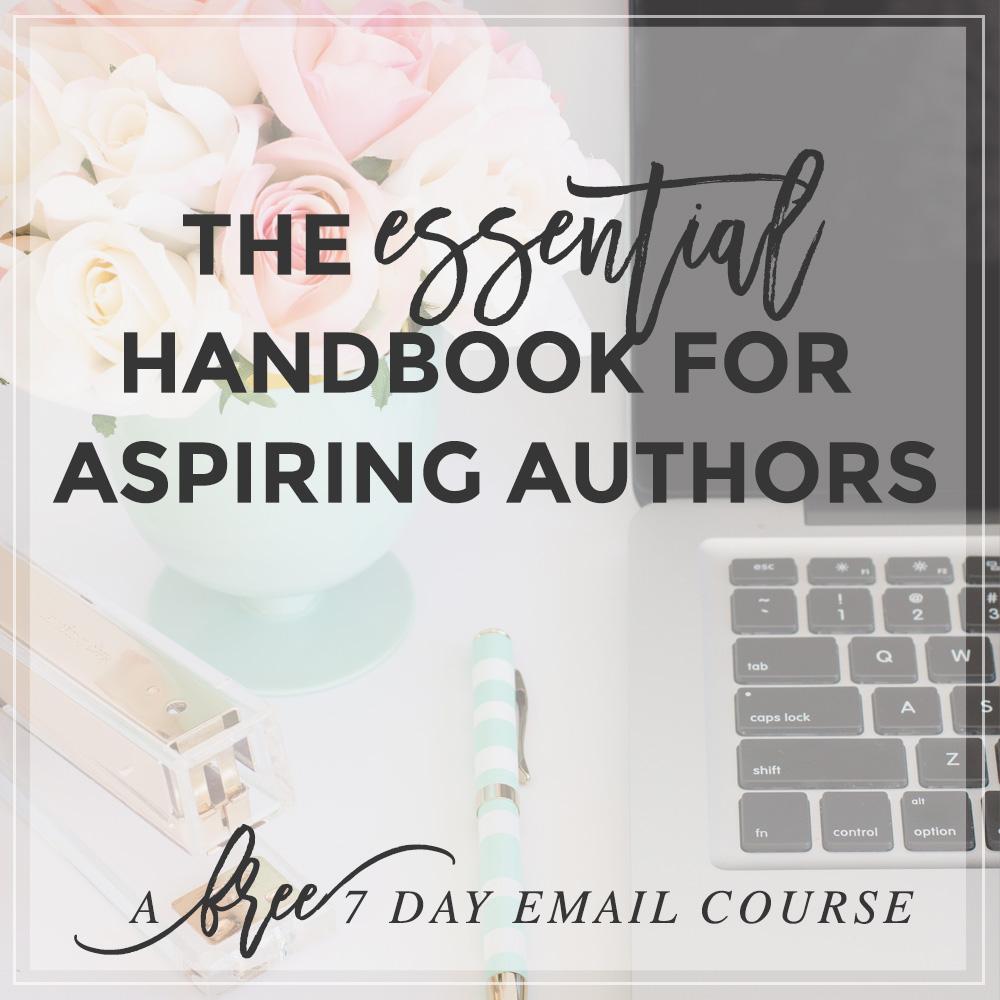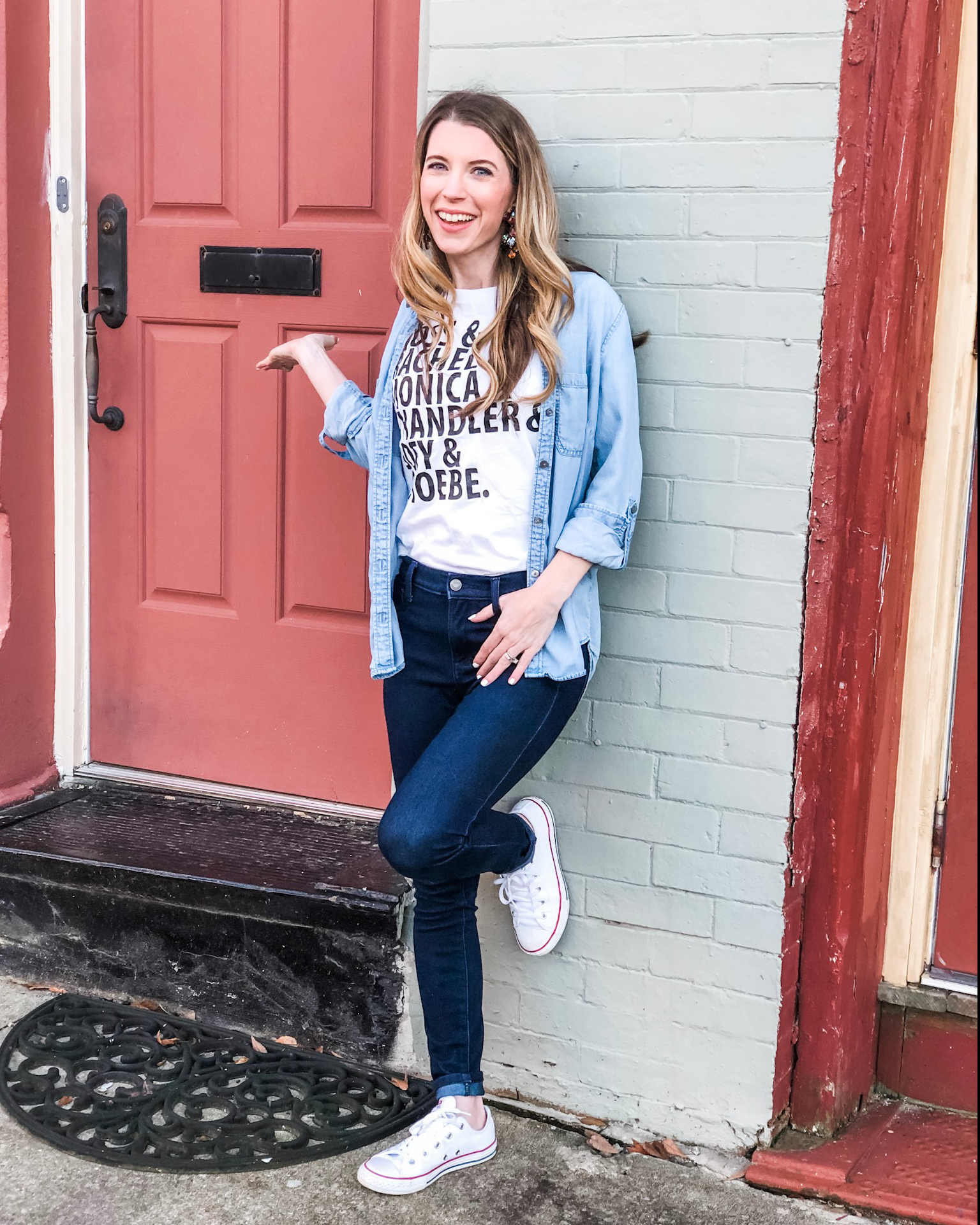(Update April, 2015: I updated this post with several more resources that have been valuable to me over the last year of writing and releasing my first book – you can find them at the end!)
I’m so honored to be a guest on Elise Blaha Cripe’s podcast, Elise Gets Crafty, today! We chatted about the writing process, how I met my agent, and what the publishing journey has looked like for me so far, with some behind the scenes info on what is going on with the book right now! You can listen to the podcast HERE.
Writing a book meant investing in a few things to help me work at the best of my abilities and so here are a few resources that were hugely helpful to me in putting together a book proposal and manuscript (some affiliate links included, you know, to recoup said investment):

How To Write A Non-Fiction Book Proposal by Michael Hyatt – This is the format that my agent asked me to use to send my proposal to her to review. It is not the exact final version that we sent to publishers but it is a really great standard format to use when querying agents. I highly recommend it. If you are writing fiction he also has a How To Write A Fiction Book Proposal e-book that is also excellent (or you can buy both and get a discount, which is what I did.) Michael Hyatt is the former CEO of Thomas Nelson Publishing and his blog has a lot of great information on getting published. I also love his online course (more on that below)
Scrivener – This is the program that I write my manuscripts in, available for Windows & Mac. It is hands down the best tool for writers and I think it is really fantastic for bloggers as well. In Scrivener, I can storyboard my manuscript, keep project notecards, mix and match sections of text to see how they best flow in a chapter and view all of my work as though it is in a virtual binder, rather than scrolling through single views. Once everything is set how I want it to be, I can press one button and it will compile the entire manuscript with correct formatting, chapter breaks and all, to Microsoft Word.
Scrivener is amazing. I first learned about the program when author Veronica Roth showed how she used it to write part of the Divergent series and have not looked back since. It completely streamlined my writing process and made revisions and edits so much more efficient. You can do a free 30 day trial before you commit to test it all out but really, it’s something you have to invest a little in because of the slight learning curve…see next!
Scrivener Coach – This course was a birthday gift to myself. This is how I know I am getting old. And also how you know that it is pricey, because I used birthday money on it. Scrivener is a fantastic program but it does so many things that it definitely has a little bit of a learning curve. If you are using it, I highly recommend taking this course before you get started. It will make it so much easier to use and understand so that you are getting the most benefit out of all of the features.
2014 Writer’s Market Deluxe Edition – This is just a must-have book for anyone who wants to seriously pursue publishing. When I first started seriously considering writing a book I pored over this one. It has everything you need to know, from how to write a query letter to listings of agents and what types of works they represent, as well as editorial calendars for major publications. Overall it is a go-to resource for any writer.
Writing Conferences & Classes – Obviously the Allume conference was very beneficial to me and I’ll be leading a session at the Influence Conference in Indianapolis in September 2015 so those are two close to my heart. Conferences for writers often have times where you can sign up for a short face to face with an agent or other publishing professional to pitch an idea, get story feedback and other such things. I also found the sessions on learning how the publishing industry works and the creative writing classes incredibly helpful in moving forward with pursuing publication for my book as well as the actual writing process.
My agent did a podcast with Tsh Oxenrider here and it is definitely worth a listen for a good behind-the-scenes look at publishing.
I also absolutely love keeping up with the Books and Such Literary Agency team’s blog. It’s a complete gem when it comes to information straight from the source.
Anything by Jeff Goins. His writing advice via his ebooks and blog posts have been some of the most bookmarked material I’ve read on writing. I first learned about him through a friend who heard him speak and said “YOU MUST READ HIS STUFF” and she was right and now I am passing that little bit of advice on to you.
Bird by Bird by Anne Lamott. I have read a lot of books on writing as a craft and this is just such good read with a really fresh perspective. If you’ve ever wanted to be a writer, read this book.
And finally, I also really love Platform University by Michael Hyatt. It’s definitely a bit of an investment but every single thing that I have ever read/conference I have ever attended on being a published writer puts a lot of emphasis on building a platform. Michael Hyatt is pretty much the master at this and Platform University is worth the money. It is bursting with good, tangible information. I hate vague articles or classes, especially if I’ve spent money on them, and what I like about this one is that it includes very specific, actionable things you can do to improve your writing, to network, and to increase your visibility. Not everything works for me but part of wanting to make a career out of writing means learning how to do self-promotion well and I need a lot of help in that area and this is proving to be very beneficial.
If you’re interested in pursuing publishing or writing as a career, I’ve put together this free 7-day email course that details everything you need to know + helpful links to get started!
Just click here or enter your email below and lots of useful information will come straight to your inbox!





